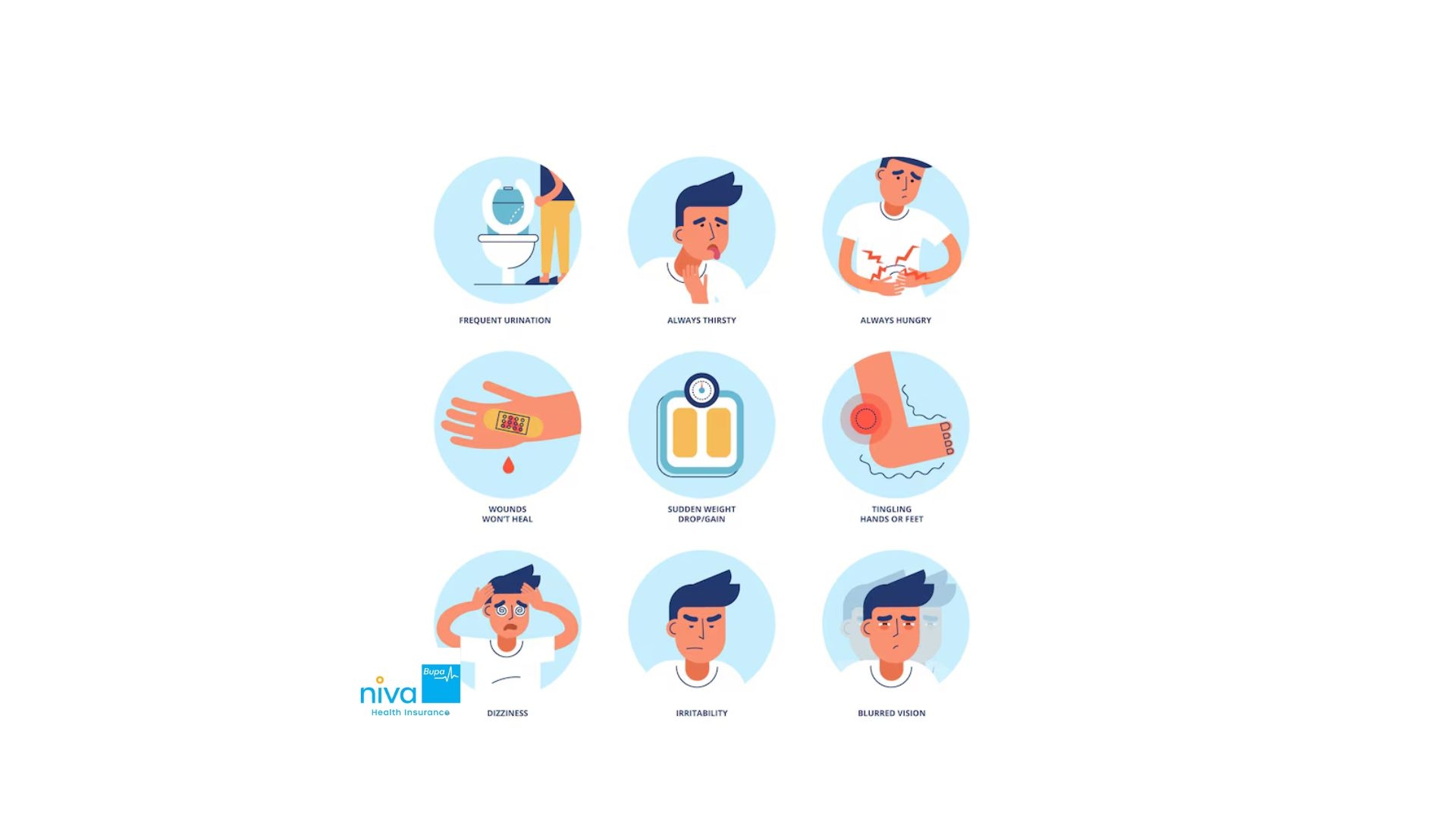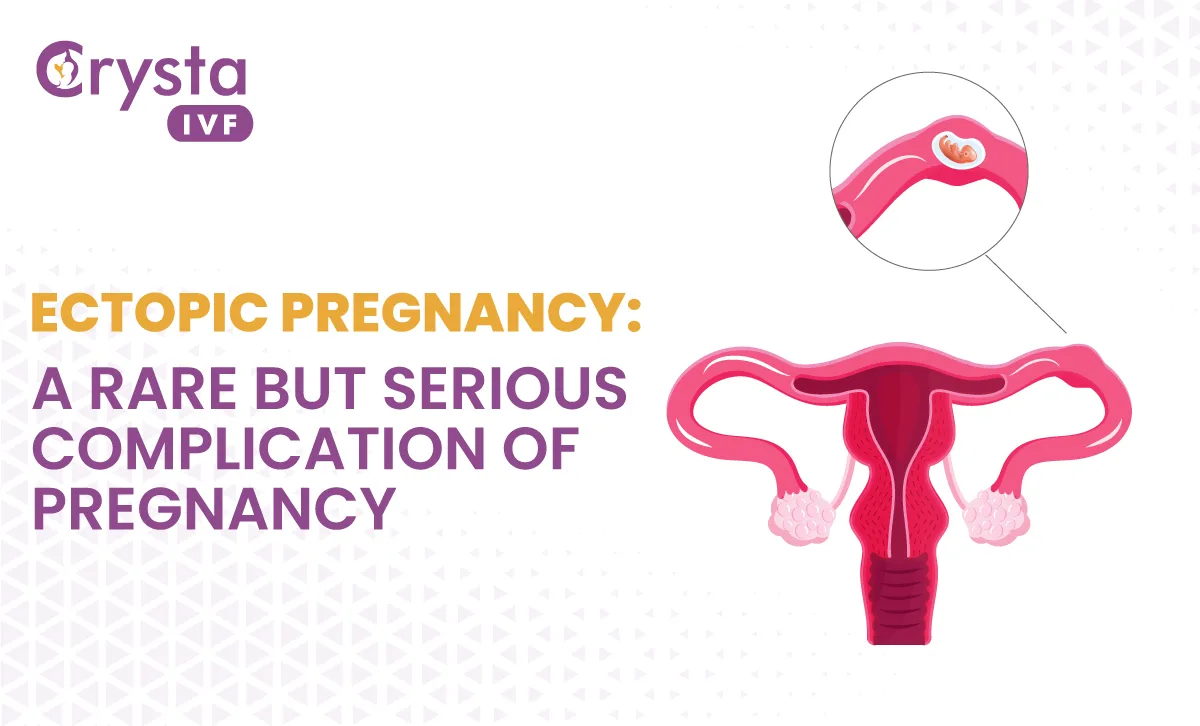The Impacts of Poor Dental Health
Dental health plays a crucial role in overall wellbeing, yet it is often neglected. According to recent studies, nearly 50% of Australians suffer from some form of gum disease, and one in three adults avoids visiting the dentist due to fear or cost.
Poor dental hygiene doesn't just lead to cavities and bad breath—it can have severe consequences for your physical and mental health. From tooth loss to chronic diseases, the ripple effects of neglecting oral care are significant and, in some cases, life-altering. Understanding these impacts is the first step toward prioritising better dental care.
Oral Issues Linked to Poor Dental Care
Poor dental hygiene often results in common oral health problems such as cavities, gum disease, and bad breath. Cavities occur when plaque builds up on the teeth, leading to enamel erosion and tooth decay. If untreated, these cavities can cause pain, infection, and even tooth loss. Gum disease, another prevalent issue, begins with gingivitis, where the gums become red, swollen, and prone to bleeding.
If not addressed, it can progress to periodontitis, a severe condition that damages the gums and the bone supporting the teeth. Advanced cases may result in loose teeth or tooth loss. Regular visits to the dentist in Epping can help prevent these conditions from worsening.
Systemic Health Concerns
Oral health problems don't just stay confined to the mouth; they can have serious implications for overall health. For instance, gum disease has been linked to cardiovascular conditions, including heart disease and stroke. This is thought to occur when bacteria from the gums enter the bloodstream, causing inflammation and narrowing of the arteries.
Diabetes is another condition closely associated with oral health. People with diabetes are more susceptible to gum disease, and poor dental health can make it harder to control blood sugar levels. Additionally, research suggests a potential link between periodontal disease and respiratory infections, as harmful bacteria from the mouth can be inhaled into the lungs.
Psychological and Social Impacts
The effects of poor dental health extend beyond physical health. Dental issues can significantly impact self-esteem and social interactions. Missing, discoloured, or damaged teeth can lead to feelings of embarrassment and reluctance to smile or speak confidently. This can influence personal relationships and professional opportunities. A dentist in can provide treatments like veneers, teeth whitening Epping, and Invisalign to address these concerns and restore confidence.
Economic Implications
Neglecting dental health can lead to costly treatments in the long run. Simple preventive measures such as regular check-ups and cleanings are far less expensive than procedures like root canals, dental implants, or orthodontic corrections. Visiting an emergency dentist Epping can help detect issues early and reduce long-term financial burdens.
Prevention Is Key
Maintaining good dental health involves daily habits such as brushing, flossing, and using mouthwash. A balanced diet low in sugar and regular dental check-ups are equally important. These steps not only protect the teeth and gums but also contribute to overall health and quality of life. By addressing dental issues early and maintaining proper oral hygiene, it's possible to prevent the cascading effects of poor dental health. Partnering with a skilled dental professional ensures a proactive approach to safeguarding your health and wellbeing.
The author is a skilled dentist who provides complete dental care to enhance oral health and restore smile. Visit
https://www.serenitysmilesdental.com.au/ to learn more about Invisalign treatment.
The Impacts of Poor Dental Health
Dental health plays a crucial role in overall wellbeing, yet it is often neglected. According to recent studies, nearly 50% of Australians suffer from some form of gum disease, and one in three adults avoids visiting the dentist due to fear or cost.
Poor dental hygiene doesn't just lead to cavities and bad breath—it can have severe consequences for your physical and mental health. From tooth loss to chronic diseases, the ripple effects of neglecting oral care are significant and, in some cases, life-altering. Understanding these impacts is the first step toward prioritising better dental care.
Oral Issues Linked to Poor Dental Care
Poor dental hygiene often results in common oral health problems such as cavities, gum disease, and bad breath. Cavities occur when plaque builds up on the teeth, leading to enamel erosion and tooth decay. If untreated, these cavities can cause pain, infection, and even tooth loss. Gum disease, another prevalent issue, begins with gingivitis, where the gums become red, swollen, and prone to bleeding.
If not addressed, it can progress to periodontitis, a severe condition that damages the gums and the bone supporting the teeth. Advanced cases may result in loose teeth or tooth loss. Regular visits to the dentist in Epping can help prevent these conditions from worsening.
Systemic Health Concerns
Oral health problems don't just stay confined to the mouth; they can have serious implications for overall health. For instance, gum disease has been linked to cardiovascular conditions, including heart disease and stroke. This is thought to occur when bacteria from the gums enter the bloodstream, causing inflammation and narrowing of the arteries.
Diabetes is another condition closely associated with oral health. People with diabetes are more susceptible to gum disease, and poor dental health can make it harder to control blood sugar levels. Additionally, research suggests a potential link between periodontal disease and respiratory infections, as harmful bacteria from the mouth can be inhaled into the lungs.
Psychological and Social Impacts
The effects of poor dental health extend beyond physical health. Dental issues can significantly impact self-esteem and social interactions. Missing, discoloured, or damaged teeth can lead to feelings of embarrassment and reluctance to smile or speak confidently. This can influence personal relationships and professional opportunities. A dentist in can provide treatments like veneers, teeth whitening Epping, and Invisalign to address these concerns and restore confidence.
Economic Implications
Neglecting dental health can lead to costly treatments in the long run. Simple preventive measures such as regular check-ups and cleanings are far less expensive than procedures like root canals, dental implants, or orthodontic corrections. Visiting an emergency dentist Epping can help detect issues early and reduce long-term financial burdens.
Prevention Is Key
Maintaining good dental health involves daily habits such as brushing, flossing, and using mouthwash. A balanced diet low in sugar and regular dental check-ups are equally important. These steps not only protect the teeth and gums but also contribute to overall health and quality of life. By addressing dental issues early and maintaining proper oral hygiene, it's possible to prevent the cascading effects of poor dental health. Partnering with a skilled dental professional ensures a proactive approach to safeguarding your health and wellbeing.
The author is a skilled dentist who provides complete dental care to enhance oral health and restore smile. Visit https://www.serenitysmilesdental.com.au/ to learn more about Invisalign treatment.











